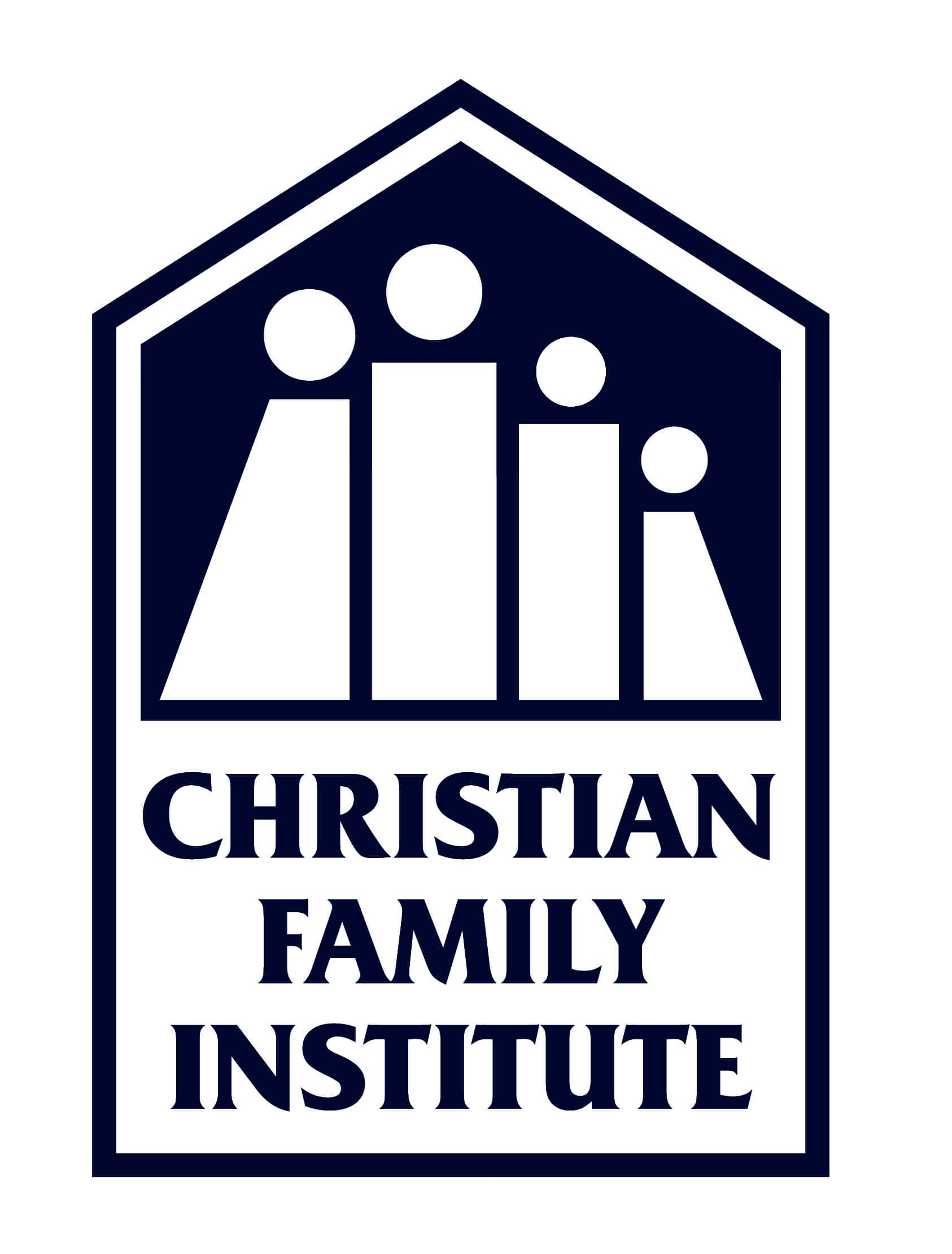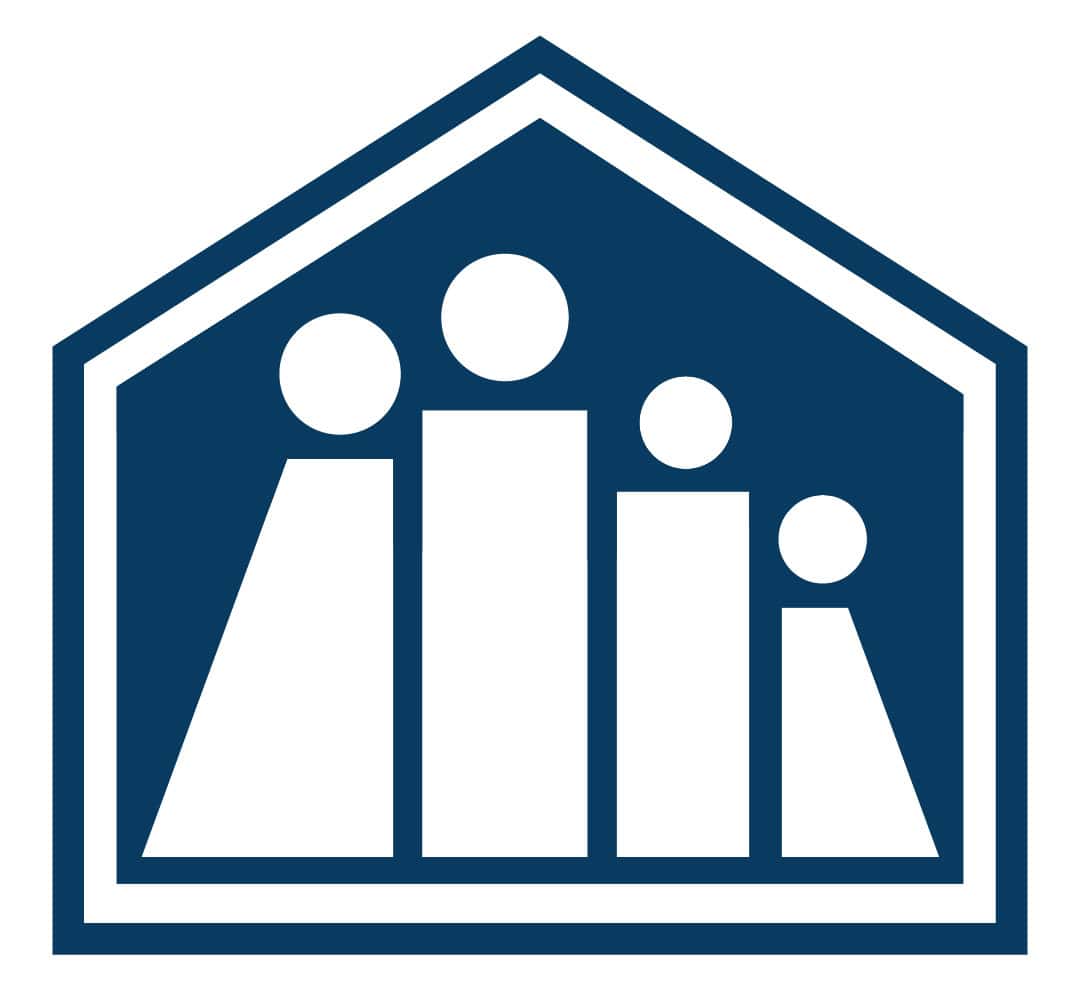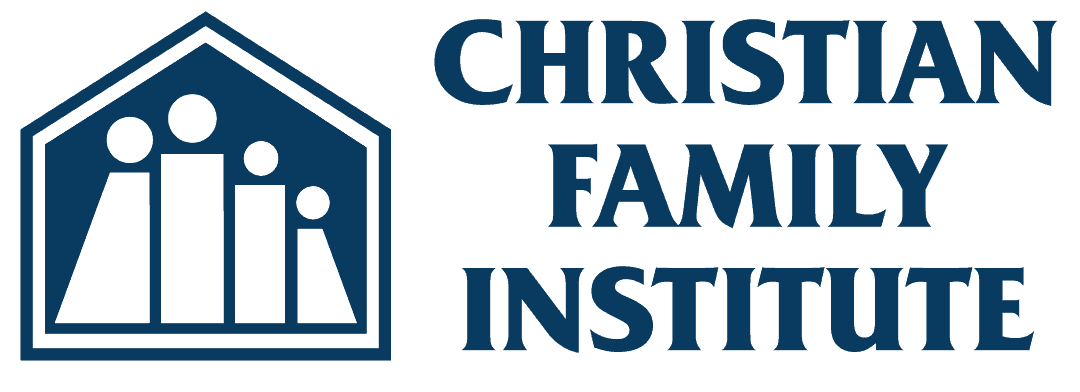
08 Jun Understanding the New Definition of Autism
In recent years, the American Psychiatric Association published its latest diagnostic manual. Known as the Diagnostic and Statistical Manual, 5th edition (DSM-V), it has a number of changes from the previous edition, and not all of them are popular. One of those changes has to do with the Autism Spectrum Disorders.
Previously the DSM-IV, identified three different diagnoses, that were understood to be on the Autism spectrum. (There were others that had some relationship, but aren’t as relative to this article.)
Autism, was used in situations where social, academic and self care skills, were all significantly impaired.
Aspergers, was used when there was less impairment, and that impairment was usually focused, in the social realm. Often, academic capacity, might even be enhanced. This enhancement might be focused in specific academic fields.
Pervasive Developmental Disorder was used when there was some level of impairment, but it was even less severe than Aspergers. Many individuals with Aspergers or Pervasive Developmental Disorder, can be quite creative, and likely have been significant contributors to very many, of the scientific and engineering advances, across the history of humanity.
In the DSM-V, all of the above diagnoses, are listed as Autism. Then the level of severity is identified. The phrase "on the spectrum" is often used, to identify individuals who have, Autism related difficulties, with widely varying degrees of severity.
This use of a single term, is controversial for a number of reasons.
Because of how the word "Autism" has been used historically, those on the higher level of functioning and their families, often prefer the previous designations. The association with the more significant level of impairment, is considered a hindrance, to their acceptance, by society. Many, had been able to take some level of pride, in the previous labels, as more than likely, names like Einstein, Tesla, and Bill Gates, could be counted among their numbers. The broadened use of the Autism label would remove much of this positive perspective. However, this change in terminology, has very little, if any, impact on the manner in which we treat and interact with those who are "on the spectrum".
The following are some things to consider when dealing with someone identified with these issues.
Those on the spectrum typically do not read facial expression and tone of voice well. Coaching them to become aware of these elements of communication, is very important.
They do have emotions, but often appear emotionless. We must be careful with what we say and do around them. We are still impacting them, in either an encouraging or discouraging manner, even if it does not appear to be the case.
Often they deal with hidden anxiety and depression. Our interactions with them still necessitates the skills of being a safe person, who listens to and cares for them. As with everyone else, those on the spectrum, will find this helpful as they deal with these distressing emotional issues.
Understanding social appropriateness is difficult. For example, conversation topics with buddies, may not be appropriate with your teacher. We must not jump to conclusions when these inappropriate statements or topics seem to come out of nowhere. This is an opportunity to educate them about related social skills.
There may be difficulty dealing with some sensory triggers. Loud noises, large crowds, temperatures, some touch or textures may be troublesome. Occupational Therapists use the diagnosis of, Sensory Integration Disorder, and they can be quite helpful in treating these issues.
Many of these individuals, are quite brilliant and creative. Many, if not most of the innovations that make up modern life, are the result of someone who has aspects of high functioning Autism (Aspergers). Helping them to see the positive in this, can be quite encouraging.
Parents will need to educate themselves about their child’s difficulties, and become their advocate in many situations. Some situations may include educational, church, teams, extended family, and even with neighbors and friends with whom they may be spending significant time.
Therapy can be quite useful for the families and individuals who are dealing with these particular disorders. If you think someone you love may be dealing with Autism spectrum issues, please consider finding a therapist to serve your needs.


